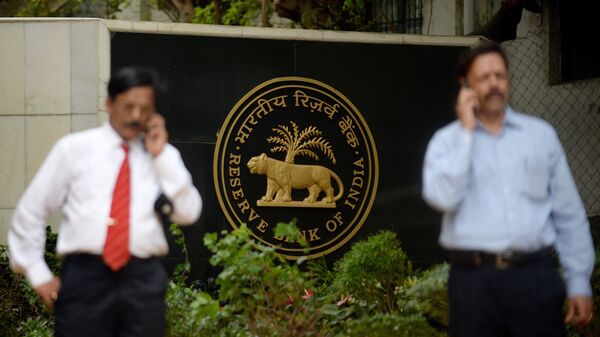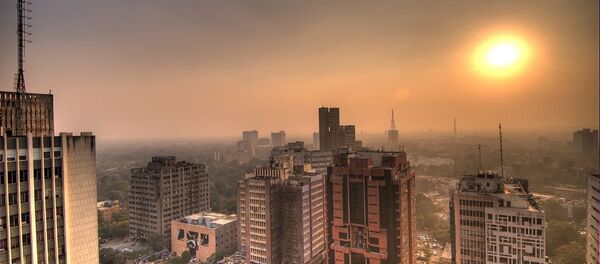Based on exchange rates measured on December 16, Britain's 2016 GDP was $2.29 trillion compared to India's $2.30 trillion.
Not only has India overtaken its erstwhile colonial master but is also expected to widen the gap on the back of robust economic prospects. India is estimated to grow at six to eight percent per year compared to UK's growth of one to two percent until 2020, and likely beyond.
Even if the currencies fluctuate to modify these figures to rough equality, India's economy will still remain ahead of that of the UK based on future growth prospects. Britain can take solace from the fact that India's per capita GDP still remains less than one-fifth that of the UK.
Earlier, an economic think-tank Centre for Economics and Business Research (CEBR) had, in December 2011, forecasted that India would become the "fifth largest by 2020" but India has crossed this significant milestone much sooner.
"India overtakes UK and has become the world's fifth largest GDP after the US, China, Japan and Germany. India may have a large population base but this is a big leap," said India's Union Minister of State for Home Affairs Kiren Rijiju.
On October 8, the International Monetary Fund (IMF) too had predicted that Indian economy will surpass that of the UK by the end of the fiscal.
"India is the seventh largest economy worth $2.29 trillion — just $50 billion less than the current UK's GDP, which will be bridged by end of this fiscal," IMF had said.



